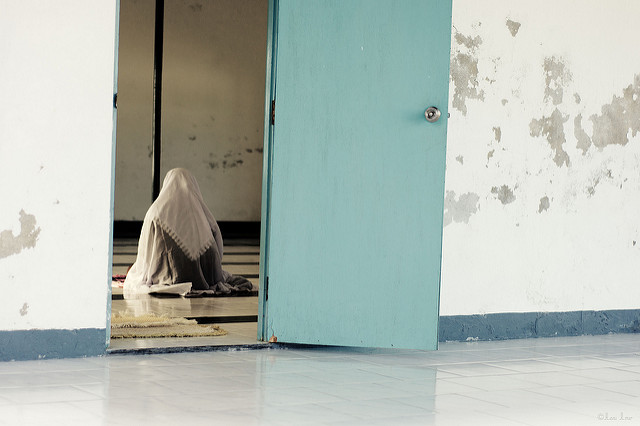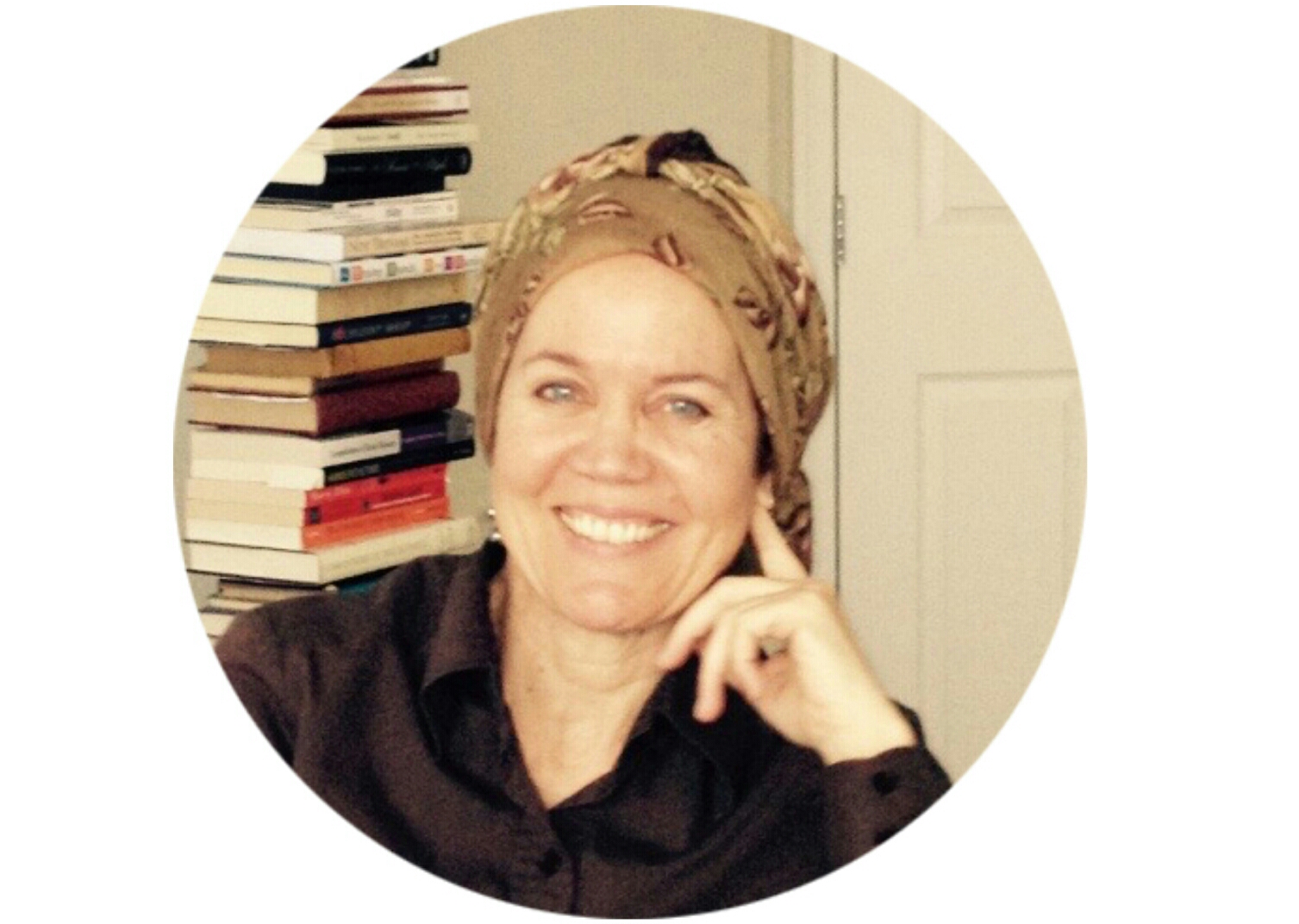<< From the AltMuslimah Archives >>
Muslim male privilege is a reality that cannot be denied. It is not as simple as Muslim men enjoying greater space, comfort and accessibility in the mosque; the ramifications extend further. Muslim men dominate the leadership positions in the mosque and in the world of scholarship and can abuse their power to preach sexist interpretations of Islamic law and tradition in order to further control women.
This is going to be controversial.
We are all familiar with the following hackneyed sentiment: “Islam oppresses, enslaves and subjugates women!” Upon hearing such an ignorant generalization, we respond with anger and indignation, and rightfully so because we know our faith and our history. We know that the Prophet Muhammad, peace be upon him, abolished misogynist practices, such as female infanticide. We know that the Prophet’s wife, Khadijah (pbuh) was an independent business woman who initiated a marriage proposal to Muhammad. We know that the Qur’an does not blame Eve for the first sin, but rather makes it clear that Adam and Eve were both in the wrong and then pardoned by Allah. And while many of us dispute over how a woman should express the Islamic teachings of modesty, we agree that the Qur’an mandates women and men to be modest, respectful, and humble towards each other.
We look around our communities and know that the overwhelming majority of Muslim women choose whether or not they want to wear the hijaab (headscarf). We have seen female prime ministers of Muslim nations like Turkey, Indonesia, Pakistan, and Bangladesh. We see our female peers working as athletes, journalists, authors, politicians, actresses, filmmakers, photographers, activists, bloggers, students, and teachers, to name a few professions. With all of this in mind, it seems the Muslim community enjoys gender equality. Unfortunately, when we peer closer, especially at our mosques, we see a contrasting picture.
In the majority of mosques, women are ushered into a separate room that is often smaller than the men’s section. In some mosques, men and women pray separated by a wall or barrier, while in others one will find a balcony, designed specifically for women, which overlooks the main hall. Some mosques, primarily in Muslim majority countries (but in the West as well) may not even have enough space for women. The argument goes that women, unlike men, are not obligated to pray in mosques and can pray at home, while tending to their “womanly duties.”
Depending on how large and well funded the mosque is, some Muslim women may be lucky enough to enjoy a sound system and a television in their prayer room so that they can hear and see the imam deliver his sermon during Friday prayers. Sadly, as most Muslim women will attest to, mosques are infamous for their poor sound quality and malfunctioning televisions. An article from “Islam for Today,” describes the discriminatory setting that Muslim women experience in mosques:
…[A]mong those mosques that do let women in, I’m sorry to say that most of the ones I have seen relegate the women to an inferior status. They banish them to basement rooms or other segregated spaces. Too often the second-class spaces allotted to the women are poorly maintained, uncomfortable, cramped, filthy, or otherwise substandard, while the men reserve the best areas for their exclusive use. This kind of treatment makes the preaching about women’s status being equal in Islam sound awfully hollow. Too many places don’t allow women any chance to speak and be heard, let alone have any say in the way the mosque is run.
Apart from diminishing her daily experience at the mosque, gender segregation affects a Muslim woman’s spiritual experience on important Islamic events and holidays. Krista Riley, a Muslim feminist and contributing writer of Muslimah Media Watch, shares her experience:
On the 27th night of Ramadan – the night most widely believed to be Laylat-ul-Qadr, the Night of Power – I went to the mosque for tarawih prayers. This experience, of praying together on this special night as the Qur’an is completed, is a beautiful and powerful one. At least, so I am told.
What happened in reality is that the women’s section, far too small to fit all of the women who had come that evening, was crowded and uncomfortable. I ended up having to pray close to the elevator, on the marble floor; I had people walking around and in front of me all evening. On top of that, it was NOISY. Several families had brought their small children, who were all sent up to the women’s section, and who were yelling, crying, and even running around at various points throughout the prayer. While I could hear the emotion in the Imam’s voice as he recited, I could barely focus on his words, because of all of the noise and activity around me. When the prayer was over, I could not get out of that mosque fast enough. It was, without a doubt, the most stressful prayer experience I have ever had. Far from being inspired, I was annoyed, agitated, and more than a little bitter.
Krista added that she later spoke with a male friend who had no idea about the chaos she experienced. He was physically disconnected from the women’s space and had the luxury of concentrating on the melody and meaning of the words of the Q’uran in peace. He, like most men, was utterly oblivious to the privileged status he enjoyed as a man at the mosque in contrast to the female attendees.
Muslim male privilege is a reality that cannot be denied. It is not as simple as Muslim men enjoying greater space, comfort and accessibility in the mosque; the ramifications extend further. Muslim men dominate the leadership positions in the mosque and in the world of scholarship and can abuse their power to preach sexist interpretations of Islamic law and tradition in order to further control women. These dangerous consequences are precisely why we must reassess the reasons behind and the value of gender segregation in the mosque.
Jehanzeb Dar is a Pakistani Muslim-American undergrad student and independent filmmaker. He currently blogs at Muslim Reverie, where he critiques media, writes poetry, and reflects on spirituality. This article was first published on Altmuslimah on November 16, 2009.
(Photo Credit: Hani Amir)





